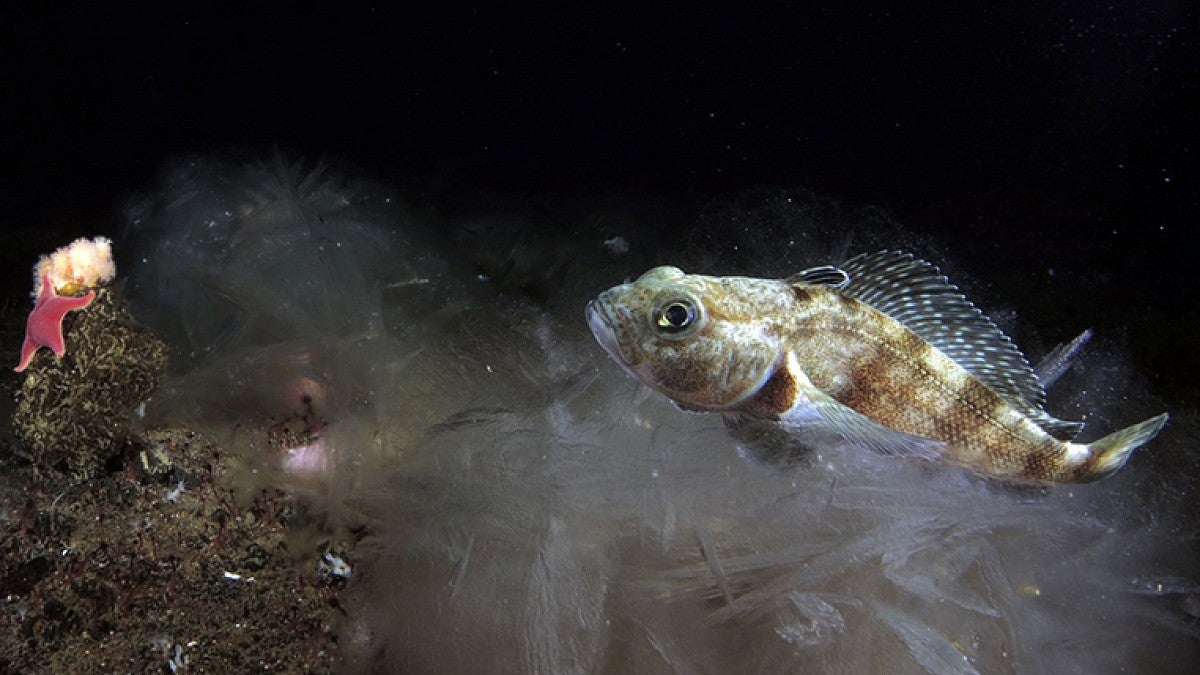New York Times science correspondent Jim Gorman took the bait of research announced jointly by the University of Oregon and University of Illinois at Urbana-Champaign on a discovery in Antarctic ice fish known as notothenioids.
The research, led by UO doctoral student Paul Cziko and published online Sept. 22 in the Proceedings of the National Academy of Sciences, found that antifreeze proteins that evolved to allow Antarctic ice fish to survive in icy waters also have a potential negative attribute – keeping ice crystals inside the fish from melting when water temperatures rise above freezing.
Gorman interviewed Cziko for his coverage, which detailed in a video and online story.
Related Link: 'Antifreeze' in Antarctic fishes keeps internal ice from melting


